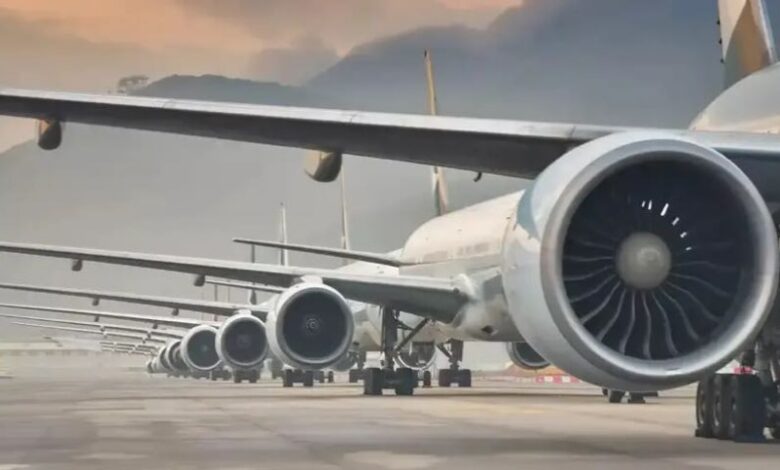
India has made a historic entry into the U.S. fuel market by exporting its first-ever jet fuel shipment to the U.S. West Coast. The rare move comes as American energy major Chevron seeks to plug a supply gap in Los Angeles, following an extended production shutdown at one of its key refineries.
The export underscores India’s growing prominence in global refined fuel markets and highlights shifting trade flows driven by regional disruptions.
The supply crunch began after a fire in October at Chevron’s 285,000-barrel-per-day El Segundo refinery in Southern California, which forced several processing units offline and significantly curtailed jet fuel output, the Economic Times reports.
With repairs expected to take time, the shortage opened an unusual arbitrage window—one that Indian refiners were quick to seize. The shipment, analysts say, reflects both India’s capacity to respond swiftly to global supply imbalances and the severity of the constraints on the U.S. West Coast.
According to ship-tracking data from Kpler and LSEG, about 60,000 metric tons of aviation fuel were loaded onto the Panamax tanker Hafnia Kallang between October 28 and 29 at Jamnagar port, home to Reliance Industries’ massive refining complex.
Industry sources confirmed that Castleton Commodities chartered the vessel, which is scheduled to arrive in Los Angeles in the first half of December. Neither Reliance nor Castleton provided comment, while Chevron declined to discuss commercial details.
Chevron has said repairs at its jet fuel production unit are progressing but are not expected to be completed before early 2026, raising expectations that tight supplies will persist into next year.
The company noted that it remains committed to supplying customers globally—including those reliant on the El Segundo facility—and will use both local and imported product when necessary. Market participants believe imports will remain elevated until the refinery is fully restored.
Despite the breakthrough shipment, traders say India is unlikely to become a regular supplier to the U.S. West Coast. Fuel shipments from Northeast Asia — particularly from South Korea — are typically more cost-competitive, with freight rates holding steady around $40 per ton for cargoes of approximately 40,000 metric tons.
In contrast, shipping rates from India to the West Coast are less common and not as readily quoted, limiting the commercial viability of frequent Indian exports.
Recent data underscores this trend: jet fuel exports from Northeast Asia to the U.S. West Coast climbed to a five-month high of about 600,000 tons last month, buoyed by robust arbitrage economics. Jet fuel prices in the region have been trading at roughly $10 per barrel above Singapore free-on-board benchmarks, keeping the flow of cargoes attractive for suppliers in Asia’s northern markets.
With U.S. West Coast jet fuel inventories falling to a three-month low of 11.12 million barrels as of November 7, the region is expected to continue relying on overseas cargoes.
India’s maiden shipment highlights the dynamic and opportunistic nature of global fuel markets—where disruptions in one region can quickly reshape trade patterns and create unexpected openings for new suppliers.












